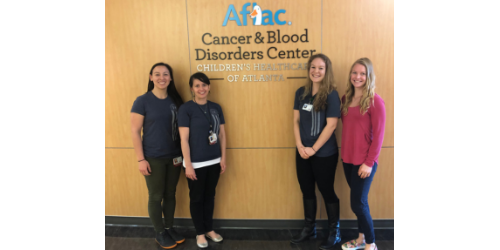Epidemiologist, Alaska Native Tribal Health Consortium Epidemiology Center (EpiCenter)
Category : Alumni
Job Summary
Under general supervision, analyzes and interprets public health surveillance data. Provides technical assistance, statistical analysis, grant writing, and project evaluation.
Required Qualification and Skills
A Master’s degree in Epidemiology or related field from an accredited college program, AND five (5) years of epidemiology experience; OR an equivalent combination of education and experience.
- Knowledge of research program resources, protocols and procedures.
- Knowledge of Alaskan Native health system, cultures and health issues.
- Knowledge of data gathering, analysis and reporting.
- Knowledge of effective presentation and public speaking skills.
- Knowledge of applicable computer system software programs.
- Skill in analyzing, interpreting and reporting health data.
- Skill in survey design and database management techniques.
- Skill in operating a personal computer utilizing a variety of software, including statistical applications.
- Skill in effective oral and written communication and presenting technical data at multiple levels.
- Skill in data collection, analysis, reporting and evaluation.
- Skill in establishing and maintaining effective working relations with co-workers and representatives from other local, state and federal agencies.
For more information and to apply, click HERE.












Recent Comments